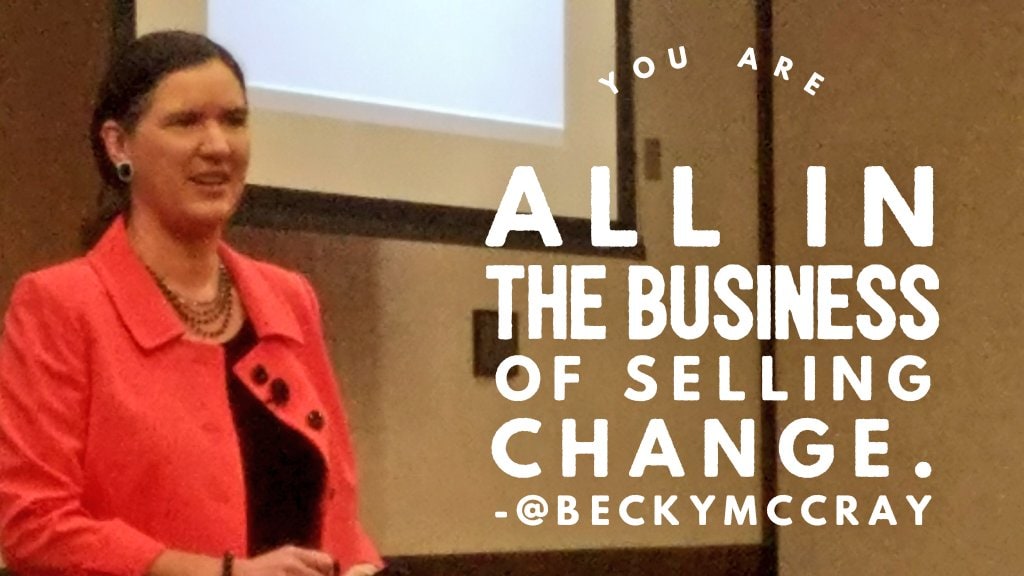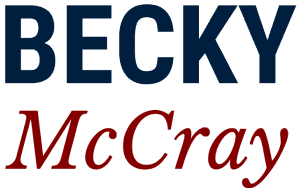The Greek philosopher vs. the Okie philosopher ?
Last weekend, I spoke to an audience of mostly big city marketers in Tulsa. Despite our differences in scale, we all face some similar challenges. After all, we are all trying to sell some kind of change.
That struck a chord with Eric T. Tung, and he made this graphic on the spot:

Often, what looks like opposition to change is disguised fear. Fear that we’ll make a mistake, something will go wrong, and we’ll look foolish. This pressure hits elected and appointed officials in small towns even harder, as they’re often tasked with jobs they have little or no training for.
Margie Warrell, author of books like Stop Playing Safe, points out four ways we let our fears stop us from moving on, making any change:
- We over-estimate the probability of something going wrong.
- We exaggerate the consequences of what might happen if it does go wrong.
- We under-estimate our ability to handle the consequences of risk.
- We discount or deny the cost of inaction, and sticking with the status quo.
(You can read her article here)
The biggest point for me, from a small town perspective, is that we deny the cost of sticking with the status quo. Even if our current situation isn’t great, it’s our situation and we’re more comfortable with it than risking our necks on some un-proven idea.
The trap is that our current situation is changing, and it’s changing fast.
Professor Philip Bobbit from the University of Texas calls this trap the ‘Parmenides Fallacy,’ because he was the Greek philosopher who argued that the world was static and that all change was an illusion. The current situation isn’t going to stay the same. We have to think about how it will change even if we don’t act.
Big insight: The argument about change isn’t really between the current situation and the risk of change. The argument is between the risk of change and the risk of inaction.
What is the risk of sitting still in a fast moving world? It was Oklahoma philosopher Will Rogers who said, “Even if you’re on the right track, you’ll get run over if you just sit there.”
How do we help ourselves and others in our small towns to overcome this fear of failure and develop the will to act?
Margie Warrell suggests this question:
“How will inaction cost me one year from now if I do nothing?”
Try out that question in your next difficult conversation about change. Let me know if it helps chip the resistance.
Keep shaping the future of your town,
Becky
PS – I just got this 25 minute video of empty lot ideas from my presentation at the Small Business and Community Development Forum. Thanks to Austin from Oklahoma Horizon TV for the video and editing!
